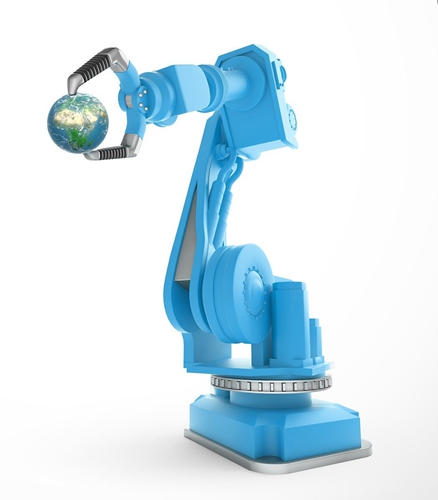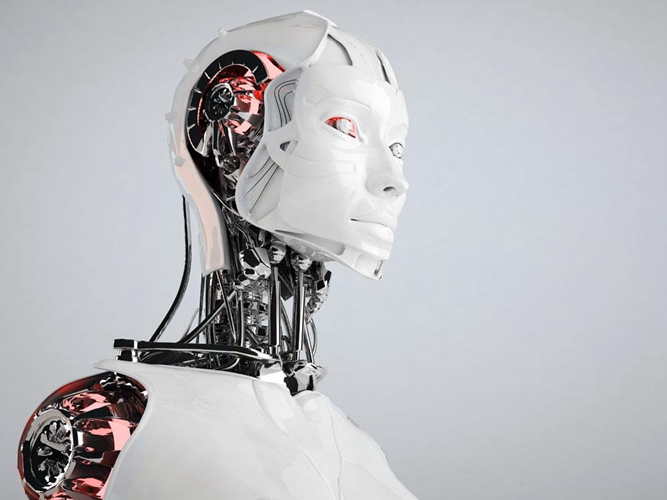Robots enter China’s plastics industry
Robotization is gaining steam in China's plastics industry, driven both by companies seeking refuge from rising costs, and, increasingly, by demands for more efficiency and quality control in their manufacturing.
Robots - the word was coined by 1920s Czech playwright Karel Capek from the Czech "robota," meaning "forced labor" - are becoming big business in a country historically known more for its low wages.

According to the Frankfurt-based International Federation of Robotics, China snapped up 68,600 robots in 2015, easily making it the world's leading robot market. In contrast, Europe bought 50,100 in the same year.
True to that trend, plastics processors in China are reporting much wider use of robots.
Those firms are mirroring national goals China has set for itself.
Under its ambitious "Made in China 2025" industrial policy, China seeks to have 150 robots per 10,000 workers by 2025.
The leaders are South Korea, with 531 robots per 10,000 workers; Singapore, 395 per 10,000 workers; Japan, 305 per 10,000 workers; and Germany, 301 per 10,000 workers. The United States ranks eighth, with 176 robots per 10,000 workers.

Bluestar Technology purchased two 2K injection machines in May and June,2017 respectively. Bluestar tries to satisfy our client order requirements and enlarge our manufacture capacity; on the other side, to upgrade our robot ability. Now, all the injection machines are equipped with robots. Under the construction that the whole industry has been covered by the robots, Bluestar Technology follows the trend, in order to catch up the development of the industry, and implement the global service strategy, offer a better service to our clients.
Original:Plastic News China